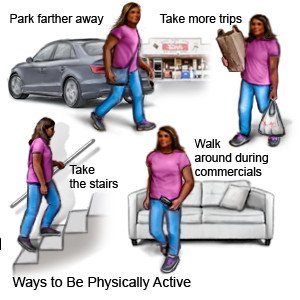Hematuria
Medically reviewed by Drugs.com. Last updated on Aug 4, 2025.
AMBULATORY CARE:
Hematuria
is blood in your urine. The 2 types are gross and microscopic hematuria. Gross hematuria is when you can see blood in your urine. Your urine may be pink or bright red to dark brown. Microscopic hematuria is when blood in your urine can only be seen under a microscope.
Other signs and symptoms you may have with hematuria:
You may have no signs or symptoms, or you may have any of the following:
- Fever or chills
- Nausea and vomiting
- Pain or bruising in your lower back or sides
- Pain or burning when you urinate
- Urgent need to urinate during the day and night
- Blood clots in the toilet after you urinate
Seek care immediately if:
- You have blood in your urine after a new injury, such as a fall.
- You have severe back or side pain that does not go away with treatment.
- You cannot urinate or urinate very small amounts.
- Your urine gets darker, even after you drink extra liquids.
Call your doctor if:
- You feel like you cannot empty your bladder.
- You have a fever that gets worse or does not go away with treatment.
- You cannot keep liquids or medicines down.
- You have questions or concerns about your condition, treatment, or care.
Treatment for hematuria
depends on the cause of your hematuria. Treatment may not be needed. You may need medicines to treat an infection. Ask your healthcare provider for more information about the treatment you may need.
Manage your symptoms:
- Drink liquids as directed. Liquids may help flush blood from your urinary system. Liquids may also help prevent a urinary tract infection. Ask your healthcare provider how much liquid to have each day and which liquids are best for you. You may need to limit or not drink alcohol. Alcohol may damage your kidneys.
- Manage health conditions. Conditions such as high blood pressure and diabetes that are not controlled may damage your kidneys.
- Do not smoke. Smoking may damage blood vessels and reduces blood flow in your kidneys. Smoking may raise your blood pressure. Ask your provider for information if you currently smoke and need help quitting. E-cigarettes or smokeless tobacco still contain nicotine. Talk to your provider before you use these products.
- Clean your genital area every day with soap and water. Wipe from front to back after you urinate or have a bowel movement. Wear cotton underwear. Fabrics such as nylon and polyester can stay damp. This can increase your risk for infection. Urinate within 15 minutes after you have sex.
- Be physically active and maintain a healthy weight. Extra weight puts pressure on your bladder and may make your symptoms worse. Ask your provider what a healthy weight is for you. Your provider can help you create a weight loss plan, if needed. The plan will include ways to be physically active that will not put extra pressure on your bladder.

Follow up with your doctor as directed:
You may need more tests to check for blood in your urine. Write down your questions so you remember to ask them during your visits.
© Copyright Merative 2025 Information is for End User's use only and may not be sold, redistributed or otherwise used for commercial purposes.
The above information is an educational aid only. It is not intended as medical advice for individual conditions or treatments. Talk to your doctor, nurse or pharmacist before following any medical regimen to see if it is safe and effective for you.
Learn more about Hematuria
Treatment options
Care guides
Symptoms and treatments
Further information
Always consult your healthcare provider to ensure the information displayed on this page applies to your personal circumstances.
